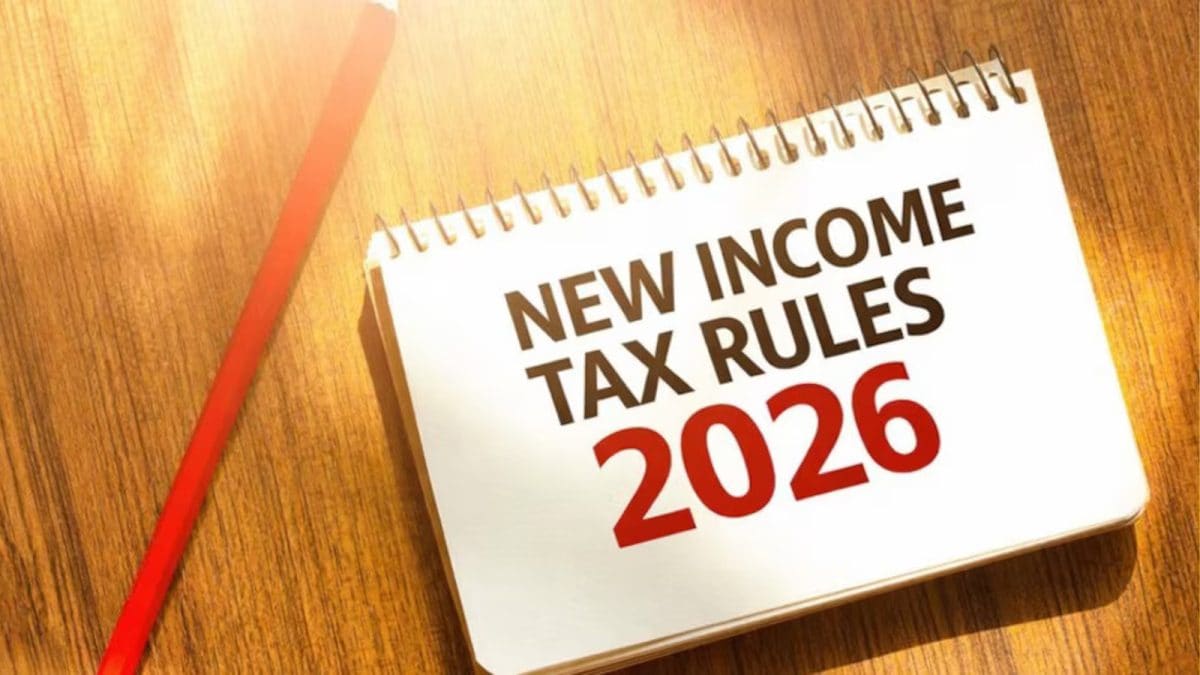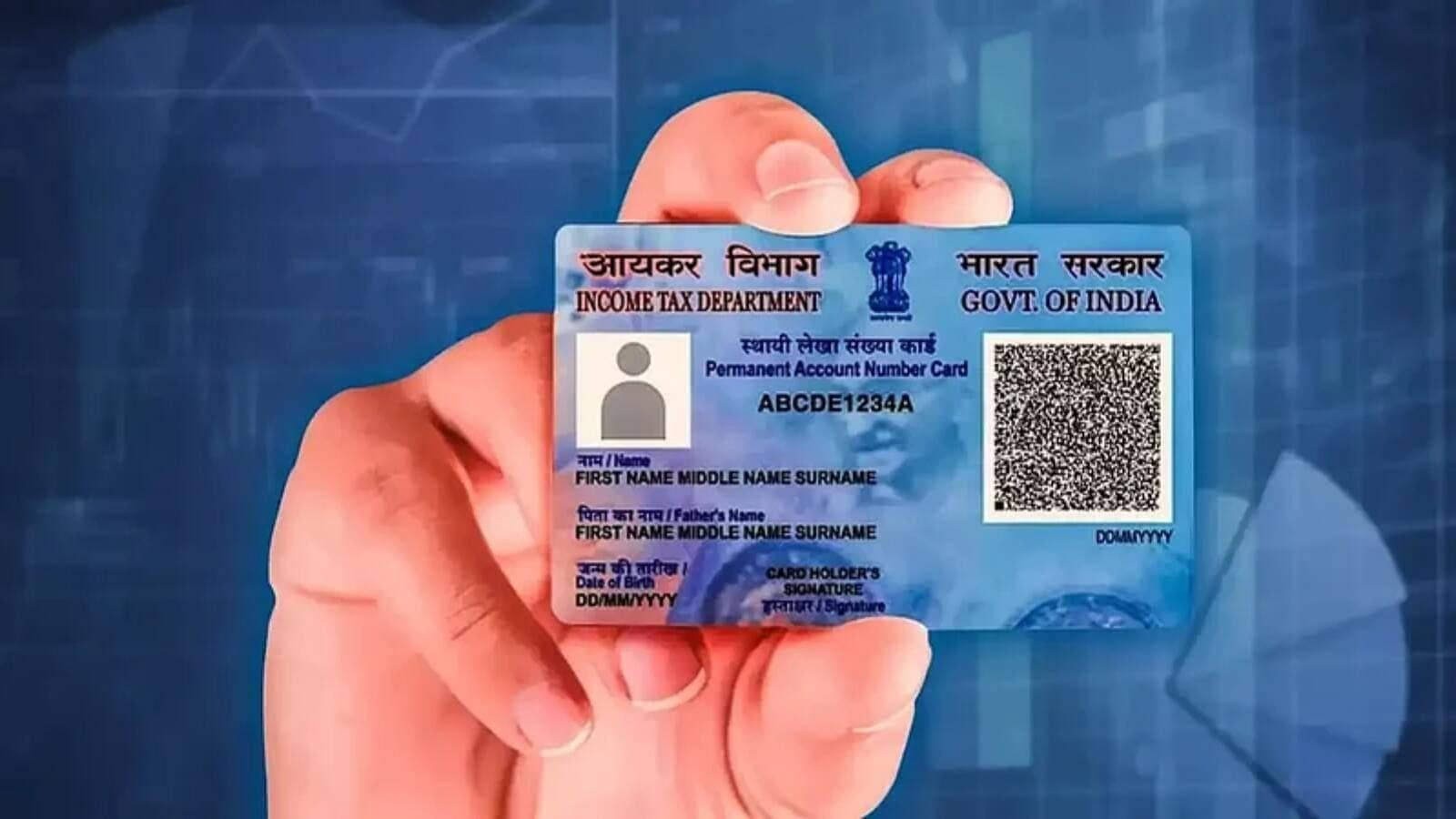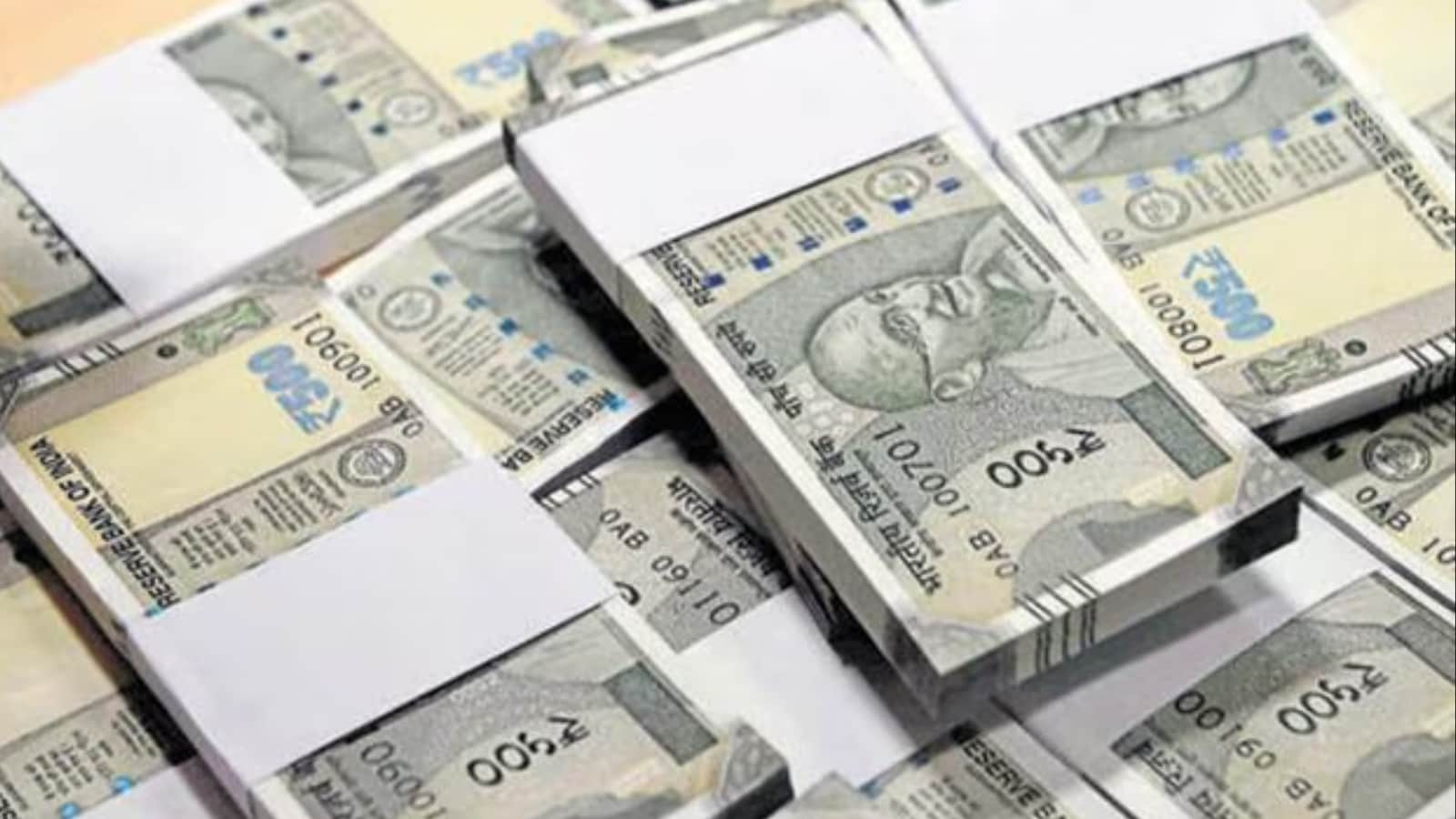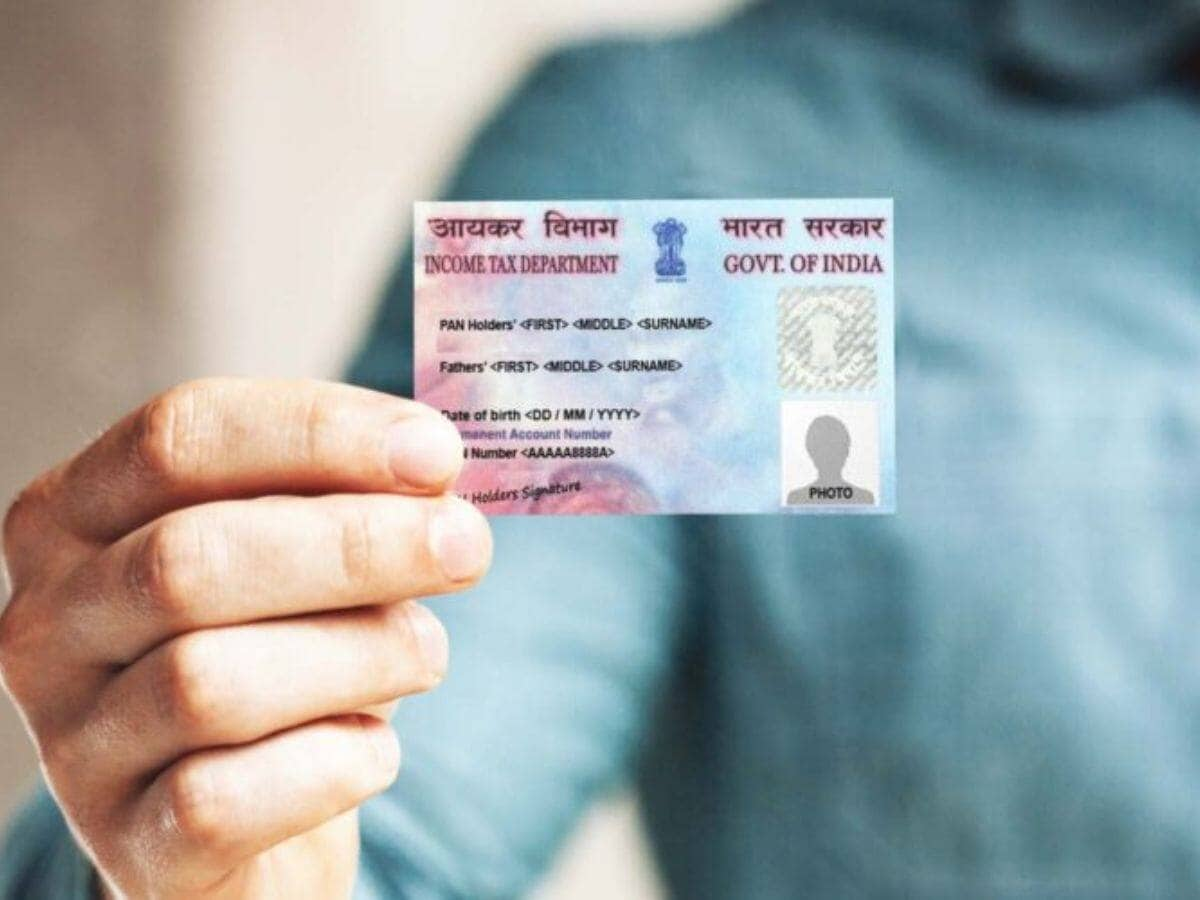Business
Fuel cost set to rise in the coming days – SUCH TV

Already struggling under the weight of rising living costs, Pakistanis should brace for yet another financial blow as petroleum product prices are likely to increase from October 1, 2025, for the next fortnight.
The ex-refinery price of petrol is expected to rise by Rs1.97 per liter, from Rs160.93 to Rs162.90 while high-speed diesel (HSD) is expected to increase by Rs2.48 per liter, climbing from Rs272.65 to Rs275.13, representing a 1.4% jump.
Kerosene oil is set to face the steepest increase, with its price projected to rise by Rs4.66 per liter, from Rs151.62 to Rs156.27, a 3.1% surge.
Light diesel oil (LDO) will also edge up by Rs1.76 per liter, moving from Rs141.63 to Rs143.39, a 1.2% rise.
This shift in refinery rates will directly push up ex-depot prices, which represent retail costs for consumers.
Petrol’s ex-depot price is likely to move from Rs264.61 to Rs266.58, a Rs1.97 per liter.
Diesel will increase by Rs2.48 per liter, from Rs272.77 to Rs275.25, marking a 0.9% hike.
Kerosene oil’s ex-depot price will jump by Rs4.65 per liter, from Rs179.96 to Rs184.61, a 2.6% rise.
Light diesel oil is expected to climb from Rs163.42 to Rs165.18, an increase of Rs1.76 per liter or 1.1%.
The hike in diesel prices is likely to have a ripple effect across the economy, as diesel is extensively used in freight and public transport.
This will push up transportation costs, which will ultimately be passed on to consumers in the form of higher prices for essential goods, including vegetables, grains, and other daily necessities.
Business
HSBC to meet £1.1bn cost savings target early after cutting back senior roles

HSBC has revealed it stripped out 1.2 billion dollars (£890 million) worth of costs last year after cutting back its senior management team, as it hiked bonuses for staff by 10%.
The global banking giant has been embarking on a sprawling simplification programme that has involved big changes to its structure, in a bid to become more “agile”.
It previously set a target to make 1.5 billion dollars (£1.1 billion) in annual cost reductions by the end of 2026, under the leadership of chief executive Georges Elhedery.
But on Wednesday, the bank revealed that it is expecting to achieve this by the end of June – six months ahead of schedule.
It follows some 1.2 billion dollars (£890 million) worth of cost savings being found during 2025 alone.
Mr Elhedery, who stepped into the top job in 2024, said that a large amount of the savings had come from the “deduplication” of jobs within the group, particularly among more senior positions.
He said this resulted in a net 15% reduction of managing director positions, which has not had any impact on the group’s revenues.
Meanwhile, HSBC revealed that it handed out bonuses worth 3.9 billion dollars (£2.9 billion) to its eligible staff during the year – a 10% increase compared with 2024.
The bank said it ensured its “highest performers had the strongest variable pay outcomes compared to the prior year”.
Mr Elhedery took home a pay packet of £6.6 million in 2025, made up of his salary and benefits, plus an annual bonus and long-term incentive award of about £4.8 million.
HSBC’s pay committee said it intends to grant the chief executive the maximum long-term incentive award worth 600% of his salary, which amounts to £9 million, for 2026-28.
The value will be subject to the bank’s performance over the next three years, and delivered in instalments.
HSBC said it was striving to create a “high-performance culture” where staff are better rewarded for work that boosts the performance of the bank.
Nevertheless, it reported lower earnings for 2025, with its pre-tax profit down about 7% year-on-year to 29.9 billion dollars (£22.1 billion).
This took into account the impact of losses related to its stake in the Chinese Bank of Communications, and restructuring costs from its simplification programme.
Shares in HSBC were up by about 6% in early trading on Wednesday.
Business
Energy bills to fall in April in price cap change and charges shake-up

Changes announced in the Budget mean all energy bills will see some kind of reduction, but it will vary.
Source link
Business
Income Tax Draft Rules 2026: Key Changes On How And When Pan Card Will Be Required?

The Indian government has proposed the Income-tax Rules 2026, making PAN cards mandatory for select high-value transactions. Replacing the 1962 rules, these changes aim to simplify and bring transparency to the tax system. After considering suggestions, the rules are expected to be finalized and implemented by April 1, 2026.
Here’s a detailed look about how PAN cards are used in various financial transactions.

Immovable Property Transactions: PAN will be required for property transactions exceeding Rs 20 lakh, which is up from Rs 10 lakh. It will include purchase, sale, gift, or joint development agreements.

Motor Vehicles Purchase: PAN is now required for motor vehicle purchases exceeding Rs 5 lakh, including two-wheelers that have been exempted so far. Additionally, those who buy premium bikes or expensive cars will need to quote PAN. Meanwhile, tractors are still excluded.

Cash Deposits And Withdrawals: PAN will be required for aggregate cash deposits or withdrawals exceeding Rs 10 lakh in a financial year. As per the existing rules, it is required for cash deposits of more than Rs 50,000 in a day at a bank or post office.

Hotel And Restaurant Payments: It will be required for cash payments exceeding Rs 1 lakh, which is up from Rs 50,000.

Insurances: PAN will be required to initiate account-based relationship with insurance companies, irrespective of the premium account.
-

 Entertainment1 week ago
Entertainment1 week agoQueen Camilla reveals her sister’s connection to Princess Diana
-

 Tech1 week ago
Tech1 week agoRakuten Mobile proposal selected for Jaxa space strategy | Computer Weekly
-

 Politics1 week ago
Politics1 week agoRamadan moon sighted in Saudi Arabia, other Gulf countries
-

 Entertainment1 week ago
Entertainment1 week agoRobert Duvall, known for his roles in "The Godfather" and "Apocalypse Now," dies at 95
-

 Business1 week ago
Business1 week agoTax Saving FD: This Simple Investment Can Help You Earn And Save More
-

 Politics1 week ago
Politics1 week agoTarique Rahman Takes Oath as Bangladesh’s Prime Minister Following Decisive BNP Triumph
-

 Tech1 week ago
Tech1 week agoBusinesses may be caught by government proposals to restrict VPN use | Computer Weekly
-

 Fashion1 week ago
Fashion1 week agoAustralia’s GDP projected to grow 2.1% in 2026: IMF












